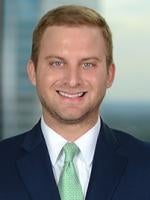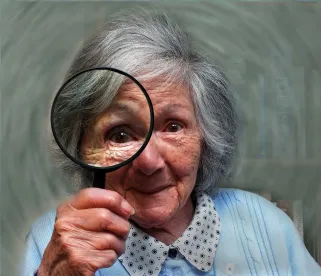On March 30, 2016, the US Department of Justice (DOJ) announced that healthcare providers who serve the elderly in the following 10 states will have task forces looking over their shoulders: California, Georgia, Kansas, Kentucky, Iowa, Maryland, Ohio, Pennsylvania, Tennessee and Washington. Known as the Elder Justice Task Forces (Task Forces), these partnerships combine the resources of “federal, state and local prosecutors, law enforcement, and agencies that provide services to the elderly,” with an eye toward “coordinat[ing] and enhanc[ing] efforts to pursue nursing homes that provide grossly substandard care to their residents.” DOJ indicated that the Task Forces “reflect the department’s larger strategy and commitment to protecting our nation’s seniors, spearheaded by the department’s Elder Justice Initiative.”
What Practices and Providers Will the Task Forces Target?
As mentioned above, the Task Forces will focus on nursing home violations. However, in a subsequent interview, a DOJ spokeswoman indicated that nursing homes could be just the beginning, explaining it was “certainly possible that [the Task Forces] may look into concerns or allegations involving other types of long-term care providers if they fall within the team’s region or jurisdiction.” The spokeswoman made clear that “[r]egardless of the provider type, the [T]ask [F]orces will take appropriate action if violations of law are identified.”
Providers should prepare to face increased scrutiny whenever they serve elderly patients because of (1) the Task Forces’ placement within the DOJ’s broader Elder Justice Initiative, (2) the combination of federal and state laws that the Task Forces’ various members are empowered to enforce and (3) DOJ’s post-announcement statement that the Task Forces will proceed “regardless of provider type.” Bases of liability will likely include the False Claims Act (when a provider bills Medicare or Medicaid for services that are either so defective as to be effectively worthless or medically unreasonable and unnecessary), HIPAA (for disseminating certain patient information such as via social media) and state criminal law (for sexual abuse, assault and failure to report other criminal acts perpetrated against elderly patients).
Every Provider Needs to be Concerned
The 10 districts were not chosen at random, as several – including the Southern District of Ohio and Eastern District of Pennsylvania – have previously been involved in DOJ-led efforts to pursue elder care providers who seek to defraud their patients and federal programs. In addition to criminal penalties and civil fines, other sanctions are available. In previous elder abuse cases, HHS’s Office of Inspector General (OIG) required onerous, multi-year Corporate Integrity Agreements and mandatory, independent quality monitors. Given the success of DOJ-led task forces such as the Health Care Fraud Prevention and Enforcement Action (HEAT) Task Force, providers of healthcare services to the elderly should be especially mindful of the importance of strict compliance with federal and state law, including those mentioned above.






 />i
/>i

